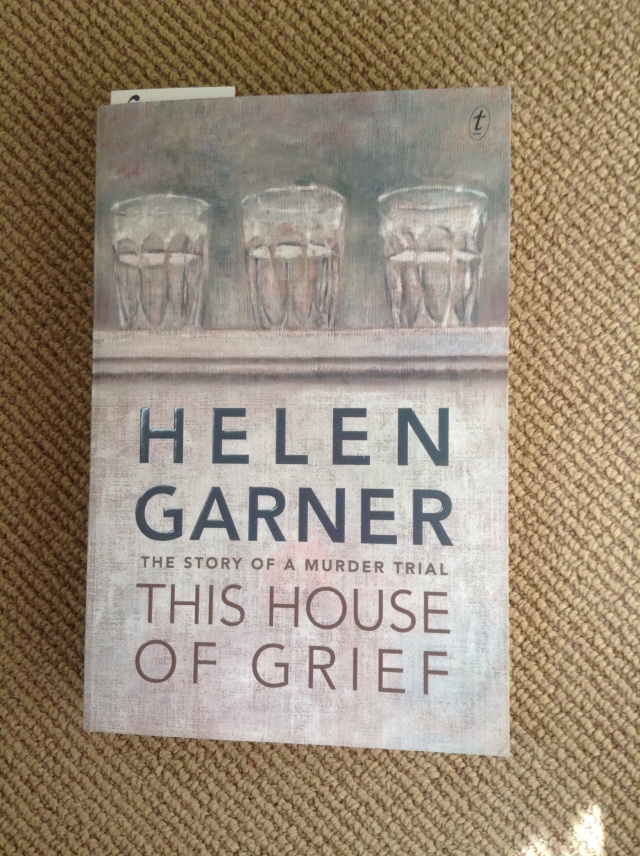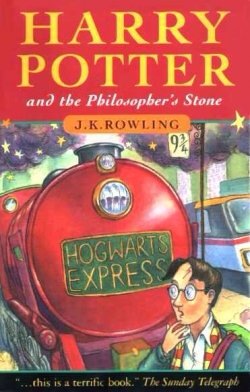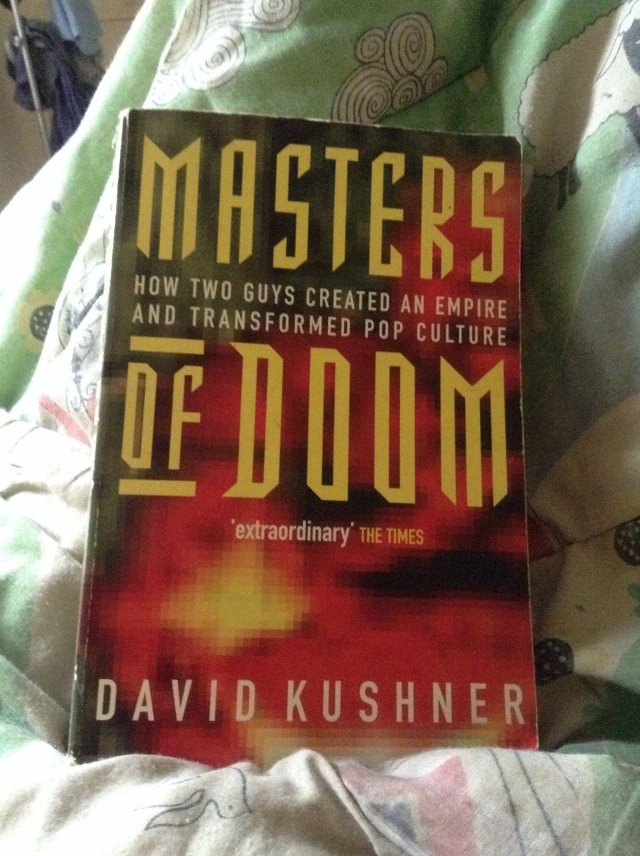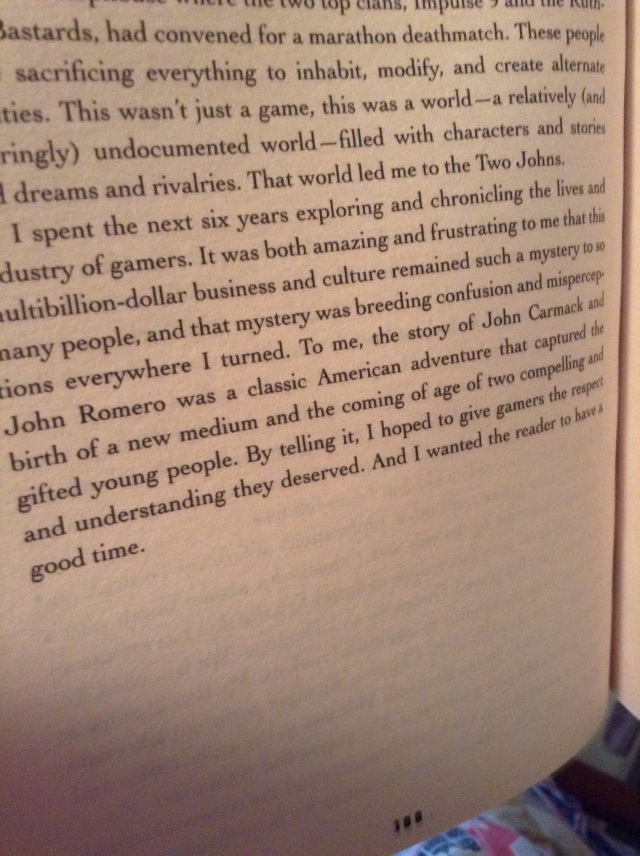I am wide awake.
And this time it’s not because I drank a cappuccino at three o’clock in the afternoon.
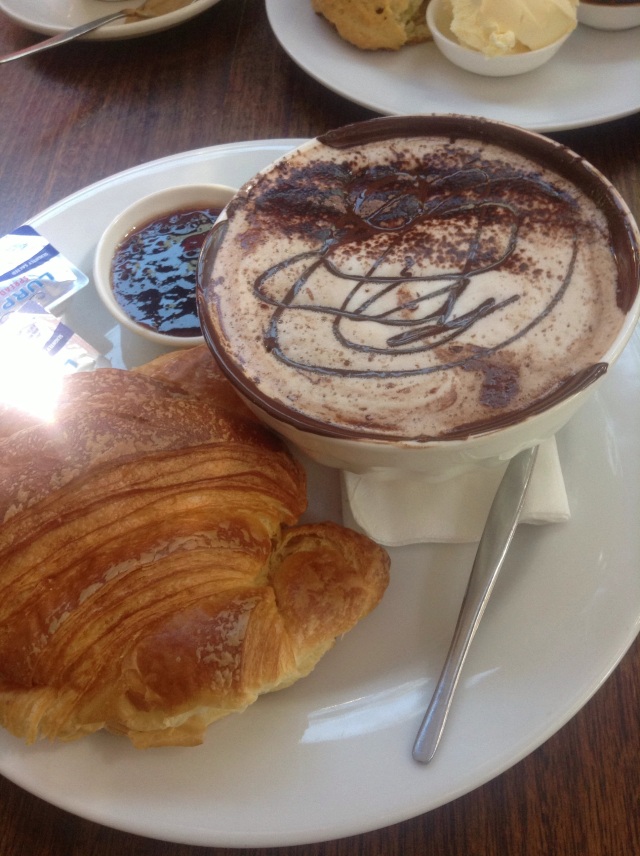
I have basically been caffeine free for almost a year because apparently it’s bad for a developing foetus. This means I had to give up Pepsi Max (and all other cola beverages), drink flavourless decaffeinated tea, and have decaf cappuccinos when I went out for coffee.
The last one wasn’t so bad. Except that not everywhere has decaf on the menu (especially really hipster places) and anywhere that does charges you extra for it. I mean, I’m taking something out so surely it should be cheaper? In the end I got quite used to me stimulant free lifestyle and even enjoyed decaf coffee. Everyone seems to think it is lesser than it’s full on cousin, but if you go somewhere with good coffee even the decaf is good.
But that brings me to today’s problem. I don’t think I can drink regular coffee now. I’ve had a Pepsi Max and that was awesome. And I’m back to regular tea so it doesn’t just taste like I’m drinking dirty water anymore. But I’ve had three normal cappucinos and each time my sleep has been affected. Granted the first one I had was way too late in the afternoon. Even before I had given up caffeine I could never drink coffee after lunch time without my sleep being affected. But the other two times I had the coffee in the morning and I still couldn’t get to sleep until after ten o’clock. And that’s pretty had for a person who is usually in bed before eight thirty.
And I’m not even sure I like the taste of regular coffee anymore.
It’s funny because we often forget that coffee is a stimulant. That it can affect us just like alcohol (though in the opposite way). And yet it’s not regulated by the government. Those energy drinks can kill you but there’s no warning label on their packaging. It’s funny how some things are deemed legally harmful.
I guess I’ll just stick to decaf.
Coming up on my next blog: Another review and then more reading. Plus the best event of the year – the Easter Show.
